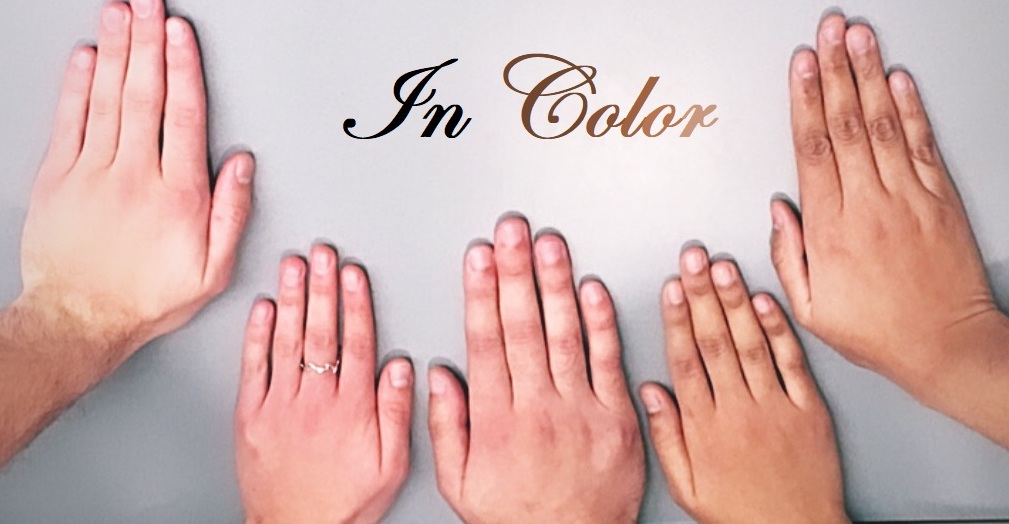 Archana Bharadwaj (6 Posts)
Archana Bharadwaj (6 Posts)Contributing Writer
Central Michigan University College of Medicine
Archana Bharadwaj is a second-year medical student at Central Michigan University College of Medicine in Mount Pleasant, Michigan. In 2013, she earned her Bachelor's of Science with a major in Biopsychology, Cognition, and Neuroscience and a minor in Gender and Health from the University of Michigan. She went on to earn her Master's in Public Health in Health Behavior and Health Education with a specialization in Health Communications from the University of Michigan in 2016. Outside of school, she is an avid foodie with a penchant for traveling. After graduating medical school, Archana would like to a pursue a career in Anesthesiology.
In Color
In this column, I will explore the unique challenges of training as a provider of color and offer solutions for improving diversity and inclusion in medicine. Through conversations with colleagues of color, including premedical students, medical students in training, and residents, I hope to create a community where we can learn from one another, cultivate allyhood, and find support in our professional journeys.
After our conversation, I’ve been thinking a lot about creating community. As students of color, especially in areas with low diversity, we create our communities of allies with other students of color or students who are open-minded and willing to learn. For students who come from places with established diversity, the transition to creating communities of their own can be a challenge.
For my first student interview, I spoke with Nana Amma Sekyere. She is a fellow second-year medical student at Central Michigan University College of Medicine (CMED). She actively promotes diversity at CMED by leading the Student Diversity Committee.
I sat down with Jade Johnson, the Coordinator of Diversity and Inclusion at Central Michigan University College of Medicine (CMED), to talk about current initiatives to further promote cultural competence on campus.
In college at the University of Michigan, I struggled to find the right place for my blended identity. I felt like the students involved in Indian identity groups were judgmental of those students who did not fit their specific idea of what it meant to be Indian. A friend at the time who was involved in one of those groups would refer to me as an “Oreo” — brown on the outside and white on the inside — for not watching Bollywood movies.
As institutions of higher learning are becoming increasingly diverse, the portraiture that hangs in these institutions should reflect the bodies that inhabit their halls. Here, I argue that recency is particularly needed in academic medicine, and will propose some strategies for achieving it in our academic medical centers.
 Max Jordan Nguemeni Tiako (6 Posts)
Max Jordan Nguemeni Tiako (6 Posts)Columnist
Yale School of Medicine
Max is a third-year medical student at the Yale School of Medicine, with a background in civil and environmental engineering, and bioengineering.
White Coat and a Hoodie
Attending Howard University gave Max a foundation for and continues to inform how he approaches issues related to injustice. Now in medical school, he has made it one of his focal interests to learn about and contribute to progress towards health equity, nationally and globally. Through this column, he will share stories on his experience as a Black man in medicine, and insights on topics of race, class, health equity, and medical education.


